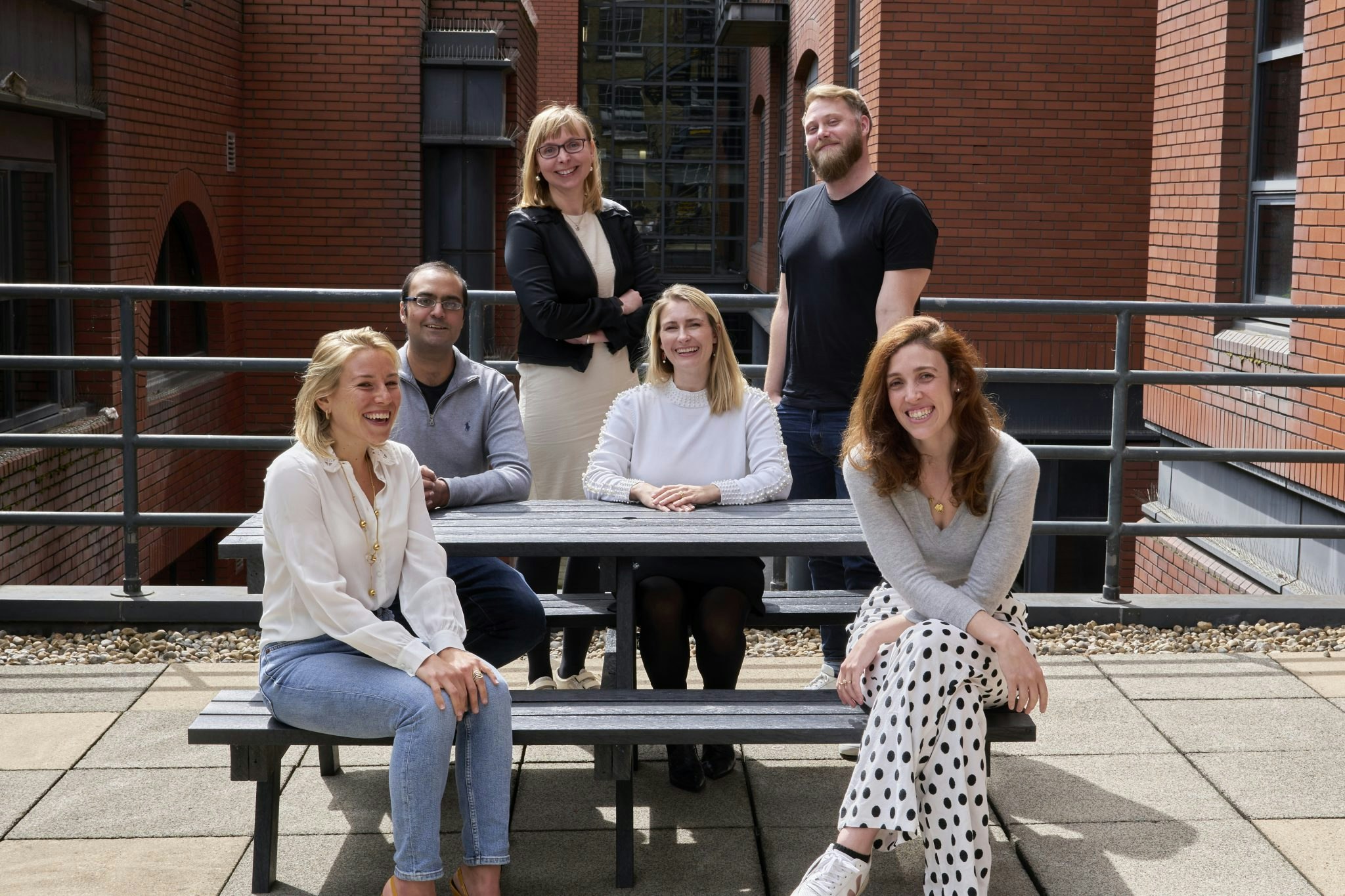A year after launching in the US, SoftBank’s Emerge accelerator launches today in Europe, with the aim of increasing the diversity of the founders that the firm funds.
The Emerge program will accept around ten companies from across Europe for an eight-week program, consisting of educational content and access to SoftBank’s investors and portfolio companies.
The cohort will also receive investment from SoftBank, as well as access to a number of VC partners who have teamed up with the firm: Speedinvest, Breega, Cherry Ventures, Firstminute Capital and Kindred. SoftBank says its own investment will be similar to the US program, where it invested around $350k per company.
“It’s industry agnostic and sector agnostic, but what we're looking for is founders who have a seed-stage startup with a working product,” explains Catherine Lenson, managing partner at SoftBank. “Then from a diversity perspective, we're looking for founders who identify as non-white, female, LGBTQ+, disabled or as refugees.”
The scheme follows the US Emerge program, which invested $5m across 13 startups. It included companies like Koniku, which produces devices to diagnose disease through breath tests, and Rebellious Food, which aims to bring down the cost of plant-based meat.
The Vision Fund
Lenson says the desire to start the Emerge program, and to extend it to Europe, comes from the lack of diverse founders they see come forward for the first Vision Fund — which launched in 2017 and invested $86bn into 92 companies.
Back then, Lenson says, investors felt confident that more diverse teams would be scaling and growing, and they’d eventually see them come forward for the fund. “But what we found is that didn't happen,” she says.
Barriers
Lenson says that’s down to three things. First, entrepreneurs from underrepresented backgrounds often don’t have the same access to ‘family and friends’ capital that others use to get off the ground. Second, the VC community runs on warm intros and coming from the outside of those circles makes it harder.
“The last roadblock is a little bit trickier to get out. And that's a question of how we, as investors, interact with diverse founders,” she says.
Investors tend to ask white male founders positive, growth affirming questions — how fast they can scale, how many markets they can reach — in comparison to the risk-orientated questions they pose to female founders — what the dangers are, what they’d do if things went wrong.
The nature of those questions disadvantages female founders, says Lenson, a dynamic that also translates to race.
Diversity at SoftBank
Founders from communities that have traditionally received less funding often say that the roadblock to funding is homogenous VC firms run by investors who back founders from backgrounds similar to their own.
On the diversity of SoftBank’s investment teams, Lenson says the company is “competitive and not excellent.”
“Our overall representation on gender diversity in the firm, we think, is very good,” she says. The firm is also strong on East Asian and Southeast Asian representation: “we have a Japanese-Korean founder, an Indian-British CEO of the Vision Fund and very strong representation of Southeast Asian managing partners.”
There’s a risk though, Lenson says, that that diversity could overshadow the areas where the firm’s lacking.
“Do we have the number of Black investors that we would like? Absolutely not,” she says. “We are underrepresented, as is the industry, in Black and Latino representation, particularly in the US.”
Tech’s opportunity
As a young industry, tech has an opportunity to prevent the entrenching of systemic barriers that have emerged in other industries, Lenson says.
“We shouldn't be entrenching divisions that have existed in other industries, we have an opportunity to do things right in tech.”
By not funding diverse teams, tech investors are also missing out on commercial opportunities, she says, because you can only cater to a certain section of society.
“It's probably the biggest missed commercial opportunity in our sector,” Lenson says. “If you're a white man building products that white men need, you're missing an extraordinary user base, and a user base which is increasingly affluent and increasingly interested in products or service needs.”


